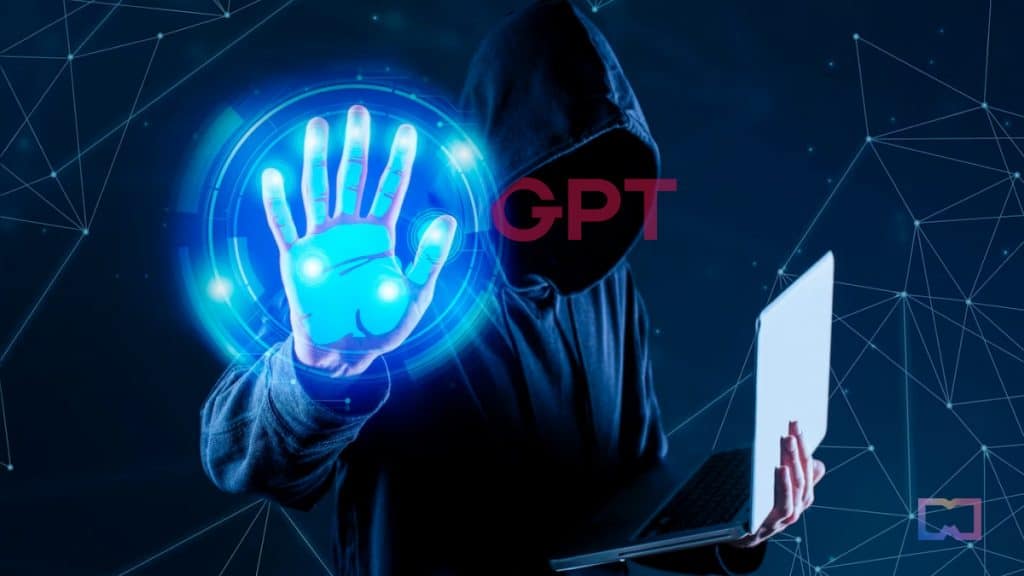Cybercriminals Use FraudGPT to Automate Hacking and Data Theft


In Brief
FraudGPT has emerged on the Dark Web and Telegram, offering realistic phishing emails, cracking tools, and the ability to conduct fraudulent transactions using stolen credit card details.
With a subscription fee ranging from $200 per month to $1,700 per year, the chatbot enables cybercriminals to launch large-scale attacks efficiently, even without advanced technical skills.

Cybercriminals have begun to develop AI-powered chatbots that can be used to automate hacking and data theft. One such chatbot, called FraudGPT, has been spotted on the Dark Web and Telegram. FraudGPT is capable of generating realistic phishing emails, creating cracking tools, and buying goods with stolen credit card numbers.
The developer of FraudGPT recently began promoting it in a hacking forum. He claims the “cutting-edge tool” will “change the community and the way you work forever.”
The photos below demonstrate that FraudGPT can create an email with a high probability of enticing recipients to click on a malicious link. This clever tactic proves essential in business email compromise (BEC) phishing campaigns against organizations. Moreover, the tool aids attackers in crafting appealing and harmful emails for their targets.


The subscription fee for FraudGPT at $200 per month and can reach $1,700 per year. The malicious chat program offers these features:
- Write malicious code
- Create undetectable malware
- Find non-VBV bins
- Create phishing pages
- Create hacking tools
- Find groups, sites, markets
- Write scam pages/letters
- Find leaks, vulnerabilities
- Learn to code/hack
- Find cardable sites
- Escrow available 24/7
- 3,000+ confirmed sales/reviews
FraudGPT is a threat to businesses and individuals. The chatbot is easy to use and can be deployed quickly and efficiently. As a result, it could be used by cybercriminals to launch large-scale attacks.
Last week, an AI cybercrime tool called WormGPT surfaced on underground forums for launching sophisticated phishing and BEC attacks. Similar to FraudGPT, WormGPT operates without ethical boundaries, highlighting the danger of generative AI. It enables even inexperienced cybercriminals to launch swift and large-scale attacks without requiring advanced technical skills.
Read more:
- Metaverse is a hacker’s playground; cybercriminals set their eyes on virtual worlds
- Elliptic report: NFT theft rampant in crypto community; NFTs worth $100 million stolen, BAYC most targeted
- Metaverse firms join forces as phishing tactics evolve alongside Web3
- OpenSea aims to prevent NFT theft
Disclaimer
In line with the Trust Project guidelines, please note that the information provided on this page is not intended to be and should not be interpreted as legal, tax, investment, financial, or any other form of advice. It is important to only invest what you can afford to lose and to seek independent financial advice if you have any doubts. For further information, we suggest referring to the terms and conditions as well as the help and support pages provided by the issuer or advertiser. MetaversePost is committed to accurate, unbiased reporting, but market conditions are subject to change without notice.
About The Author
Agne is a journalist who covers the latest trends and developments in the metaverse, AI, and Web3 industries for the Metaverse Post. Her passion for storytelling has led her to conduct numerous interviews with experts in these fields, always seeking to uncover exciting and engaging stories. Agne holds a Bachelor’s degree in literature and has an extensive background in writing about a wide range of topics including travel, art, and culture. She has also volunteered as an editor for the animal rights organization, where she helped raise awareness about animal welfare issues. Contact her on agnec@mpost.io.
More articles

Agne is a journalist who covers the latest trends and developments in the metaverse, AI, and Web3 industries for the Metaverse Post. Her passion for storytelling has led her to conduct numerous interviews with experts in these fields, always seeking to uncover exciting and engaging stories. Agne holds a Bachelor’s degree in literature and has an extensive background in writing about a wide range of topics including travel, art, and culture. She has also volunteered as an editor for the animal rights organization, where she helped raise awareness about animal welfare issues. Contact her on agnec@mpost.io.





















































